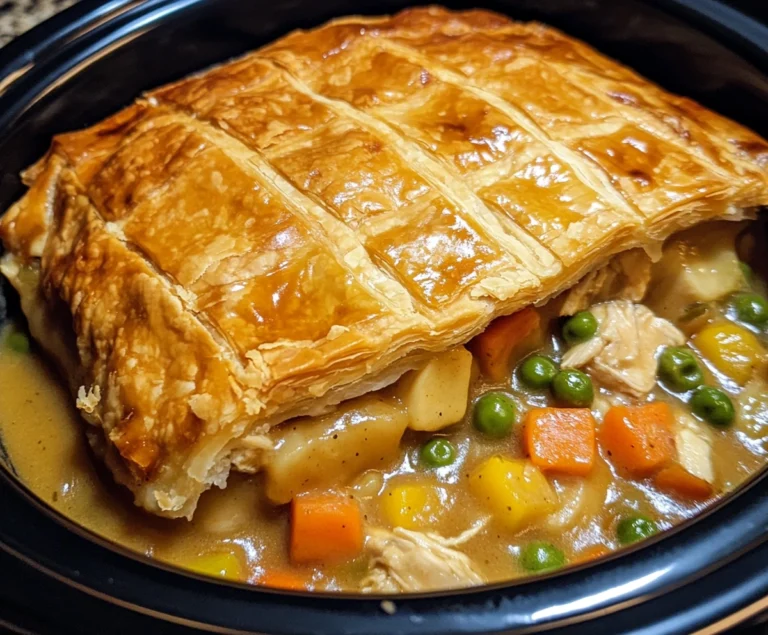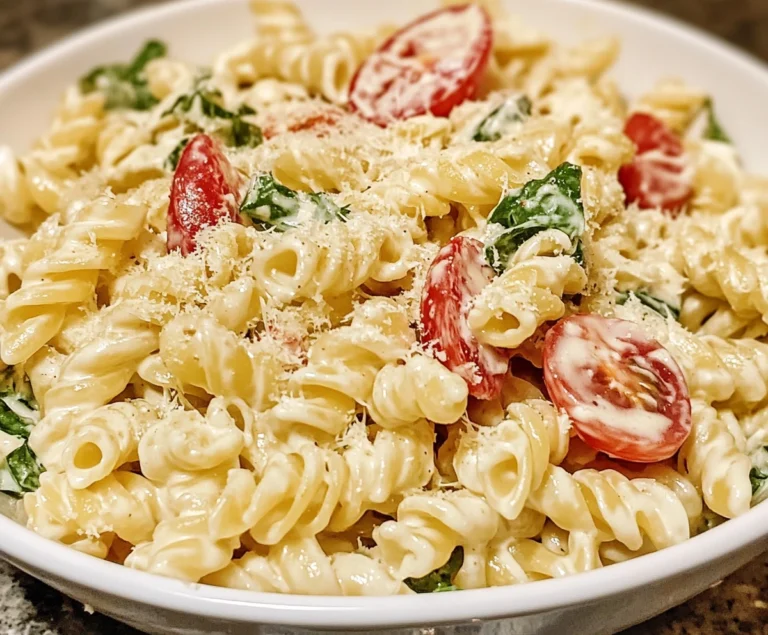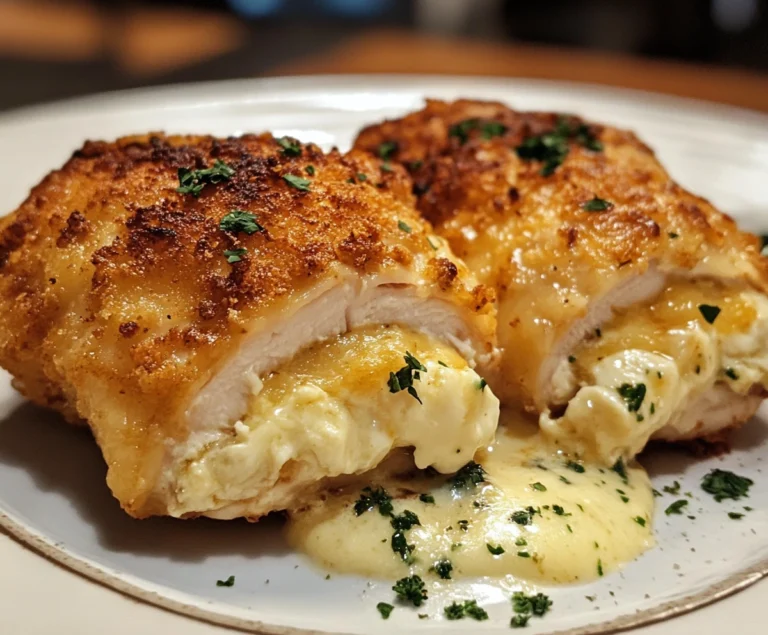Can I Have a Boston Roll While Pregnant?
Pregnancy brings joy, anticipation, and a long list of dietary restrictions. If you are a fan of sushi, you may be wondering, can you have a Boston roll while pregnant? The short answer is yes, with some important considerations. This comprehensive guide will explore the safety of sushi during pregnancy, what makes a Boston roll a better option than other types of sushi, and how to enjoy this Japanese delicacy safely.
Sushi, particularly the Boston roll, can offer a delicious way to satisfy your cravings, but it’s crucial to understand the risks, benefits, and safe practices involved. Let’s dive into a detailed discussion that spans everything from sushi risks to nutritional benefits, FAQs, and how to make the most of your sushi experience while pregnant.
Understanding the Risks of Eating Sushi During Pregnancy
When it comes to sushi, the primary concern for pregnant women is the potential for foodborne illnesses, including Listeria, Salmonella, and mercury exposure. These risks are heightened with raw fish, which is a common ingredient in many sushi rolls. However, not all sushi includes raw fish, and this is where options like the Boston roll shine.
Why Raw Fish is Risky During Pregnancy
Raw fish can carry parasites, bacteria, and viruses that are dangerous for pregnant women. One of the most serious risks is Listeria, a bacterium that can cause listeriosis. Listeriosis is particularly dangerous during pregnancy because it can cross the placenta, potentially leading to miscarriage, stillbirth, or severe illness in the newborn.
Other concerns include parasites like Anisakis, which can cause digestive issues and allergic reactions, and Salmonella, which can lead to food poisoning. These risks are amplified in sushi, where raw fish is often not cooked or cured long enough to kill harmful bacteria and parasites.
The Boston Roll: A Safer Option
The Boston roll, unlike many other sushi varieties, uses cooked shrimp instead of raw fish. This makes it a safer option for pregnant women. When shrimp is fully cooked, it eliminates the risk of foodborne illnesses caused by bacteria and parasites that are common in raw seafood.
For more information on how to safely enjoy sushi during pregnancy, the Boston Roll Sushi Guide offers a step-by-step breakdown of what makes this roll a safe, delicious choice.
What is a Boston Roll?
A Boston roll is a popular sushi roll that consists of cooked shrimp, avocado, and cucumber, all wrapped in sushi rice and nori (seaweed). Some variations also include tobiko (fish roe) or sesame seeds on top. The key distinction between a Boston roll and many other sushi types is that the shrimp is cooked, making it safer for pregnant women.
Here’s a breakdown of the typical ingredients in a Boston roll:
- Cooked shrimp: Low in mercury and rich in protein, cooked shrimp is a pregnancy-safe seafood option.
- Avocado: Loaded with healthy fats, fiber, and essential vitamins like folate, avocado is a great addition to any pregnancy diet.
- Cucumber: A hydrating, low-calorie vegetable that adds crunch and freshness to the roll.
- Nori (seaweed): Packed with nutrients like iodine, which is essential for thyroid function and fetal brain development.
Not only is the Boston roll safe for pregnant women, but it also provides numerous nutritional benefits. The combination of cooked seafood, healthy fats, and fresh vegetables makes it a well-rounded, satisfying choice.
Nutritional Benefits of Boston Rolls During Pregnancy
The ingredients in a Boston roll offer a range of nutritional benefits that are especially valuable during pregnancy. Maintaining a balanced, nutrient-rich diet is crucial for both the health of the mother and the development of the baby. Let’s explore the specific benefits of each ingredient in a Boston roll:
1. Cooked Shrimp: A Low-Mercury, High-Protein Choice
Shrimp is one of the safest seafood options during pregnancy because it is low in mercury and high in lean protein. Protein is vital for fetal growth and development, particularly during the second and third trimesters when the baby’s muscles, bones, and organs are rapidly developing. Additionally, shrimp is a good source of omega-3 fatty acids, which are essential for brain and eye development in the baby.
Key benefits of cooked shrimp during pregnancy include:
- High in protein: Supports fetal growth and maternal tissue repair.
- Low in mercury: Unlike fish such as tuna or swordfish, shrimp contains minimal mercury, making it safe for regular consumption.
- Rich in omega-3 fatty acids: These healthy fats are important for the baby’s brain development and can also help reduce the risk of preterm labor.
2. Avocado: A Powerhouse of Healthy Fats and Nutrients
Avocado is a fantastic source of monounsaturated fats, which are the good fats that help support heart health and are crucial for the development of the baby’s brain and nervous system. Avocados are also rich in folate, a B-vitamin that is critical for preventing neural tube defects during early pregnancy.
Other key nutrients in avocado include:
- Potassium: Helps regulate blood pressure, which can be a concern during pregnancy.
- Fiber: Supports healthy digestion and can help alleviate constipation, a common issue during pregnancy.
- Vitamins C, E, and K: These antioxidants support the immune system and contribute to skin health and tissue repair.
3. Cucumber: A Hydrating and Low-Calorie Addition
Cucumber is a refreshing, hydrating ingredient that adds crunch to the Boston roll without adding many calories. It’s mostly made up of water, making it a great way to stay hydrated during pregnancy, which is crucial for maintaining healthy amniotic fluid levels.
Key benefits of cucumber:
- Hydration: Helps maintain fluid balance, which is essential for both the mother and baby.
- Vitamin K: Important for blood clotting and bone health.
- Low in calories: A healthy, light addition to any meal that doesn’t add unnecessary calories.
4. Nori (Seaweed): A Nutrient-Dense Wrapper
Nori, the seaweed used to wrap sushi rolls, is rich in iodine, a mineral that is critical for healthy thyroid function. During pregnancy, iodine is especially important because it supports the baby’s brain development. Nori also provides a range of other nutrients, including iron, calcium, and vitamin B12.
Benefits of nori for pregnant women:
- Iodine: Supports thyroid health and fetal brain development.
- Iron: Helps prevent anemia, which is common during pregnancy.
- Calcium: Supports the development of the baby’s bones and teeth.
For more healthy seafood options during pregnancy, explore this Chicken and Shrimp Alfredo Guide, which offers protein-packed, pregnancy-friendly recipes.
Safe Sushi Guidelines for Pregnant Women
Now that we’ve established that a Boston roll is a safe and nutritious choice, let’s look at some general guidelines for enjoying sushi while pregnant. It’s important to be cautious with sushi because of the risks associated with raw fish, cross-contamination, and certain high-mercury fish. Here are some tips to help you make safe choices:
1. Opt for Cooked Sushi Rolls
As we’ve discussed, sushi made with cooked ingredients is generally safe for pregnant women. Besides the Boston roll, other safe options include:
- California roll: Made with imitation crab (which is cooked and usually made from pollock).
- Eel roll: Eel (unagi) is always served cooked, making it a safe choice.
- Shrimp tempura roll: Features fried, cooked shrimp, which eliminates the risks associated with raw seafood.
2. Avoid Raw Fish
Pregnant women should avoid sushi that contains raw fish, such as:
- Sashimi: Thin slices of raw fish, typically salmon or tuna.
- Nigiri: A slice of raw fish on top of a small ball of rice.
- Tuna roll: Tuna is not only typically served raw, but it’s also high in mercury, making it unsafe during pregnancy.
Fish that are high in mercury, such as tuna, mackerel, swordfish, and king mackerel, should be avoided during pregnancy because mercury can harm the baby’s developing brain and nervous system.
3. Choose Reputable Sushi Restaurants
The risk of cross-contamination between raw and cooked ingredients is a concern when dining out. Choose sushi restaurants that follow strict hygiene practices, prepare sushi in a clean environment, and store ingredients at the proper temperatures.
If you’re looking for more pregnancy-safe sushi recipes to try at home, check out this recipe for Crunchy Roll Sushi, which offers a tasty, cooked alternative to traditional sushi.
Listeria and Other Foodborne Illness Risks
Although the Boston roll uses cooked ingredients, it’s still essential to be aware of the potential for Listeria contamination, which can occur if food is not handled properly. Listeria is a type of bacteria that can survive refrigeration and freezing, which is why it’s so dangerous for pregnant women. It can cause severe complications, including miscarriage, premature birth, or infection in newborns.
How to Reduce the Risk of Listeria
- Ensure proper food storage: Sushi should be served fresh and consumed as soon as possible after preparation. If you’re eating leftovers, make sure they’ve been refrigerated properly and don’t consume sushi that has been left out for more than two hours.
- Avoid cross-contamination: If you’re preparing sushi at home, be careful to separate raw and cooked ingredients, and use clean utensils and cutting boards for each.
- Choose reputable restaurants: As mentioned earlier, dining at clean, high-quality sushi establishments reduces the risk of Listeria.
Mercury Levels in Fish: What You Need to Know
In addition to Listeria, pregnant women need to be mindful of mercury exposure. Mercury is a heavy metal that can accumulate in certain types of fish, particularly larger predatory species like tuna, swordfish, and shark. High levels of mercury during pregnancy can affect the development of the baby’s brain and nervous system.
Fortunately, shrimp, which is the main ingredient in a Boston roll, is low in mercury, making it a safe choice for pregnant women. Other low-mercury seafood options include:
- Salmon: A great source of omega-3 fatty acids.
- Tilapia: Low in mercury and high in protein.
- Catfish: Another low-mercury, high-protein option.
For a more comprehensive guide to seafood safety during pregnancy, explore the Boston Roll Sushi Guide.
Alternatives to Sushi During Pregnancy
If you’re craving sushi but want to explore other pregnancy-safe options, there are plenty of delicious alternatives. Here are some ideas to satisfy your sushi cravings without any of the risks associated with raw fish:
1. Veggie Rolls
Veggie rolls are made entirely from plant-based ingredients, making them completely safe for pregnant women. Popular veggie roll ingredients include:
- Avocado
- Cucumber
- Carrot
- Sweet potato
- Asparagus
2. Tempura Rolls
Tempura rolls are another great option for pregnant women because the fish or vegetables are deep-fried, which eliminates the risks associated with raw ingredients. Shrimp tempura rolls are particularly popular and offer a crunchy, flavorful alternative to traditional sushi.
3. Tamago (Egg) Sushi
Tamago is a Japanese omelette made with sweetened eggs and served on top of rice. Since the eggs are fully cooked, tamago sushi is a safe, protein-rich option during pregnancy.
For more veggie-based sushi recipes and alternatives, check out Cucumber Gazpacho, which offers a refreshing, plant-based dish perfect for warm weather.
Frequently Asked Questions (FAQs)
1. Can you eat shrimp sushi while pregnant?
Yes, cooked shrimp, like in a Boston roll, is safe to eat during pregnancy. Cooked seafood eliminates the risks associated with raw fish, such as parasites and bacteria.
2. What kind of sushi is OK while pregnant?
You can safely eat sushi made with cooked seafood or vegetarian ingredients. Rolls like the Boston roll, California roll, and other cooked or veggie rolls are great choices.
3. Is it safe to eat sushi made from cooked seafood?
Yes, sushi made from cooked ingredients, such as shrimp or crab, is safe for pregnant women as long as it’s handled and stored properly.
4. What are the alternatives to raw fish sushi during pregnancy?
Consider veggie rolls, tempura rolls, or sushi made with cooked seafood, such as eel or shrimp. These options provide the flavor and texture of sushi without the risks associated with raw fish.
5. How can I avoid Listeria when eating sushi during pregnancy?
To avoid Listeria, make sure to eat at reputable sushi restaurants that follow strict food safety guidelines. At home, ensure proper food storage, handle ingredients carefully, and consume sushi as soon as possible after preparation.
Conclusion: Can I Have a Boston Roll While Pregnant?
Yes, you can safely enjoy a Boston roll while pregnant because it is made with cooked shrimp, avocado, and cucumber, which are safe for expecting mothers. The Boston roll not only satisfies your sushi cravings but also offers a nutritious, well-rounded meal with plenty of protein, healthy fats, and essential vitamins.
Remember to follow safe food handling practices, avoid raw fish, and choose reputable sushi restaurants to minimize any risks. By doing so, you can indulge in your favorite sushi while keeping both you and your baby safe and healthy.
For more delicious, pregnancy-safe meal ideas, check out the Chicken and Shrimp Alfredo Guide, which provides a range of protein-packed, pregnancy-friendly recipes.







